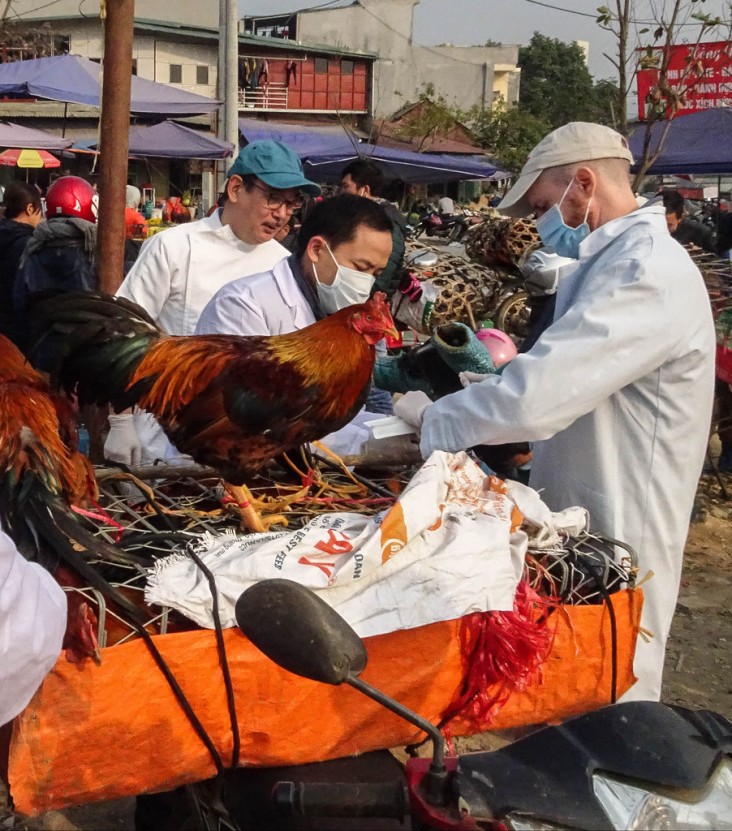Speeches Shim

Countries in Asia continue to face challenges with controlling the spread of infectious diseases including HIV, malaria, animal-origin influenza, and zoonotic diseases which cross national boundaries. Southeast Asia in particular is susceptible to new diseases and drug resistant strains of malaria. Food insecurity also persists in Asia, which is home to nearly two-thirds of the world’s poor. Rapid demographic, agricultural, and food system changes in southeast Asia are prompting newly emerging infectious disease threats, including rising rates of vector-borne diseases and antimicrobial resistance of common pathogens to treatments of last resort.
USAID helps countries stop the spread of HIV by implementing replicable prevention, care and treatment model programs that target most-at-risk populations in Laos and Thailand. Through the U.S. President’s Malaria Initiative (PMI), USAID implements programs to address drug-resistant malaria by providing insecticide-treated nets and increasing access to high quality case management through village malaria workers at communities and health facilities. Through USAID/PMI support, six countries in the region have established surveillance networks to monitor anti-malarial drug resistance to inform treatment policies and guidelines. USAID builds on accomplishments in the effort to combat animal-origin influenza by strengthening the ability of countries to detect and contain emerging infectious diseases—at their source in animal reservoirs—before such pathogens threaten global public health. USAID also works to reduce stunting in children and improve household nutrition, water, sanitation and hygiene practices in Laos.
For more information on our projects, please click here.

Comment
Make a general inquiry or suggest an improvement.